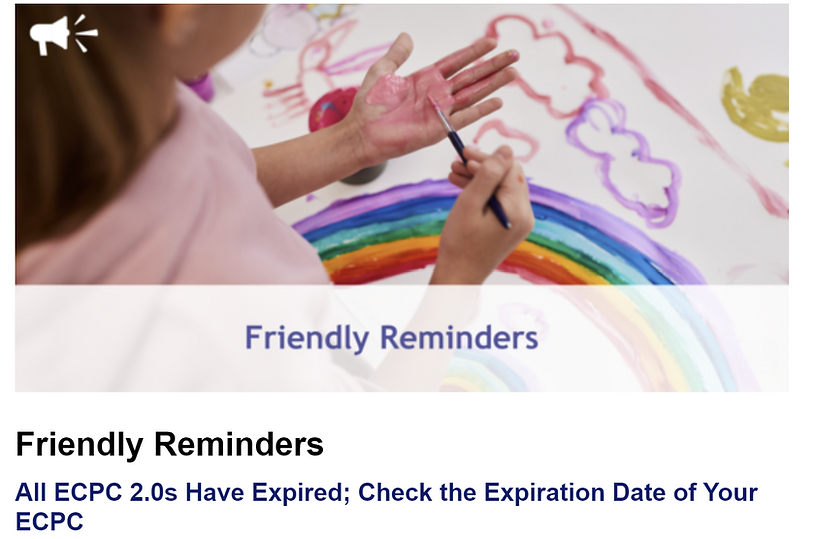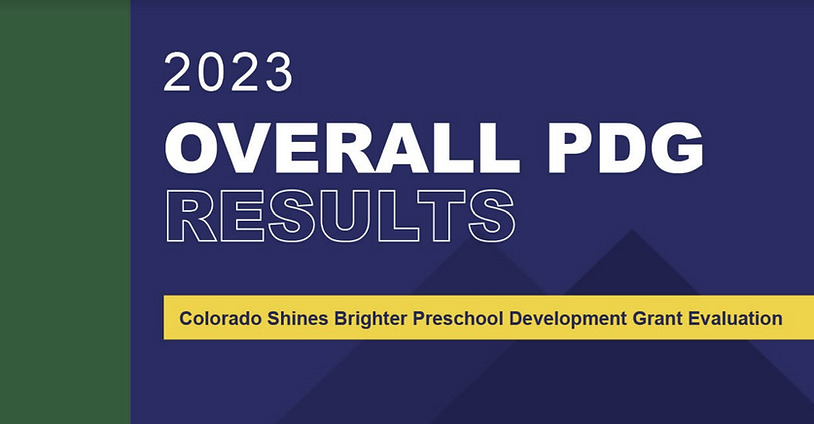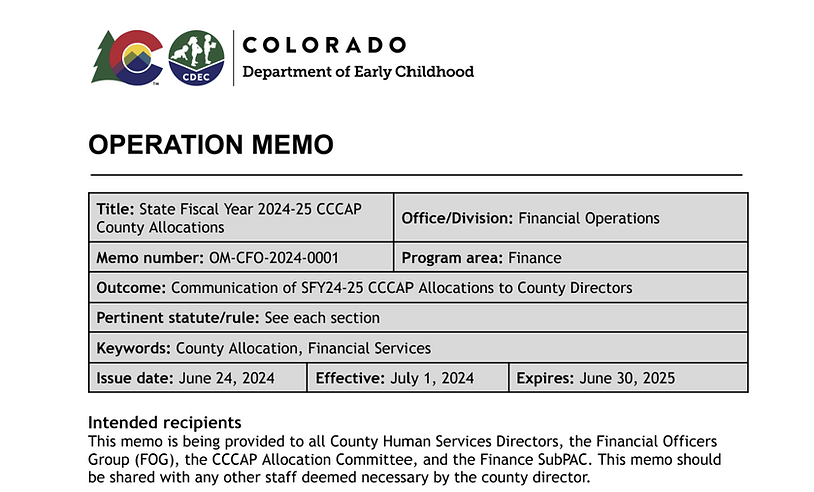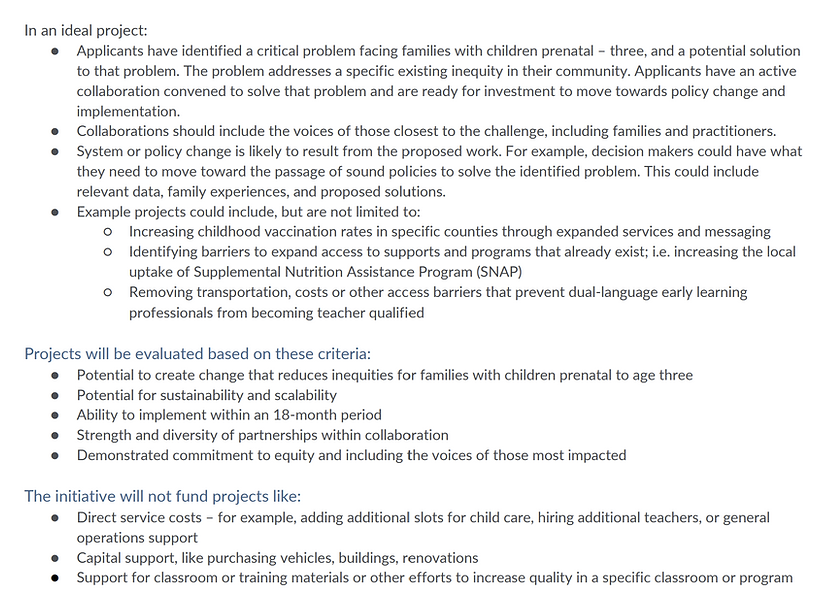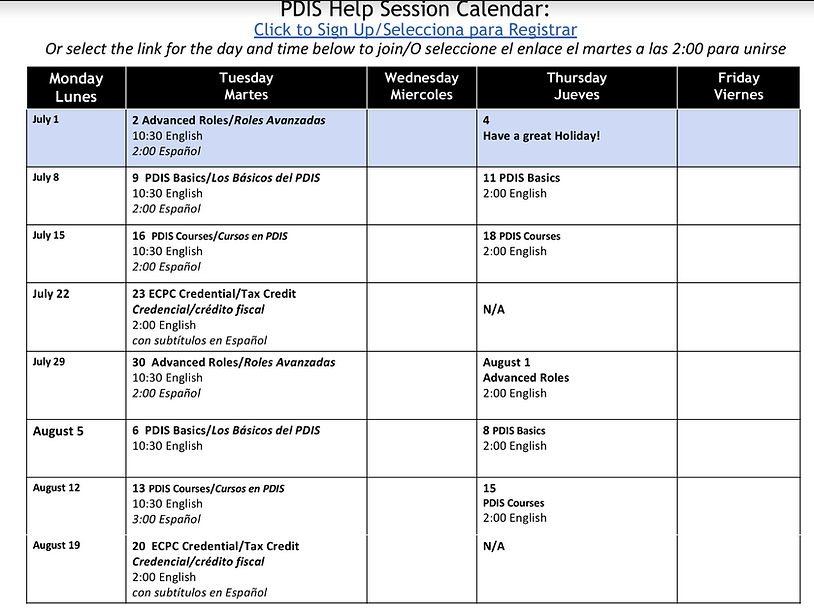SAVING MEMBERS MONEY AGAIN!!
ECEA Child Care Update - 7/3/24
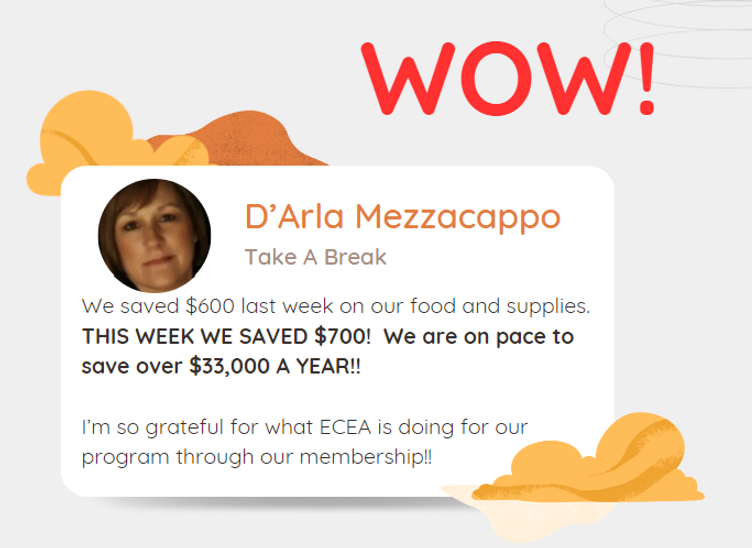
Just heard from another member....they will be making the switch because their audit says that they will save 15% on their food costs as an estimate. We will have actuals for you once they place an order. What would a 15% discount on your food/supply order mean for you???
If you do weekly shopping trips to stock your kitchen (grocery store, big box stores) OR you order from a local vendor (ie., US Foods, Shamrock, etc.) you need to connect with our vendor....more and more programs are reaching out and getting a food audit done to find out how much they can save. It doesn't take much to become a member of ECEA and start saving TODAY!!
ECEA is a statewide trade association that is driving down business costs and providing advocacy support for members! Our membership dues make the work we do happen. Sometimes you don't know you need us, until you need us. Join ECEA and make a difference!
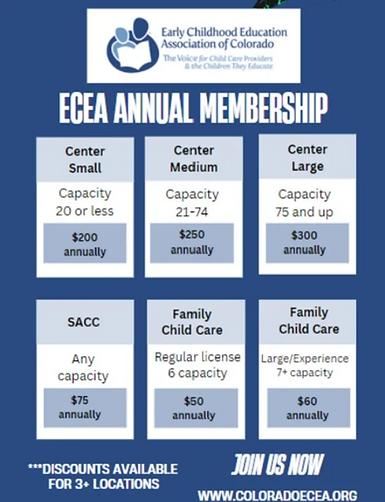
JOIN NOW! https://www.coloradoecea.org/membership
For program 3+ under one owner/governing body will receive a 20% discount after the 2 largest programs are charged at the regular rate.
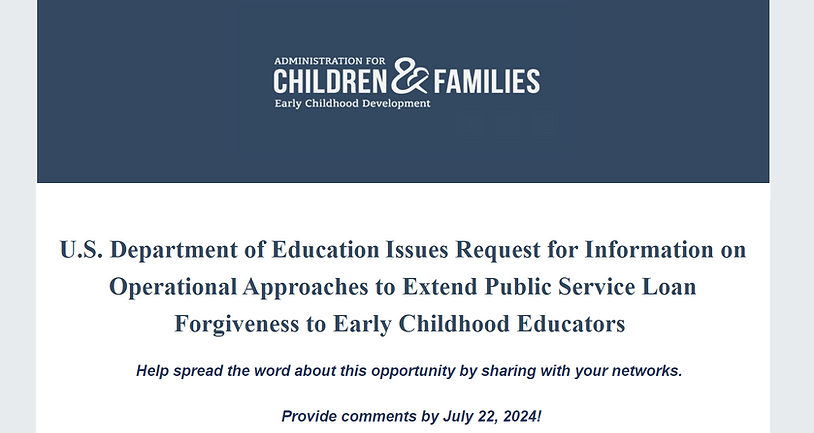
The U.S. Department of Education (the Department) issued a Request for Information (RFI) to help the Department better understand operational aspects of potentially expanding Public Service Loan Forgiveness (PSLF) for workers in early childhood education (ECE) settings.
“Early childhood educators help young children learn, grow, and thrive. But they are often poorly compensated, and student debt is a problem. If these educators can access Public Service Loan Forgiveness, we can help our youngest children, their families, and their communities,” said U.S. Under Secretary of Education James Kvaal.
Since its creation in 2007, PSLF has been available to federal student loan borrowers who are employed by a government or certain types of not-for-profit organizations. Participating borrowers see the remaining balance of their federal student loans forgiven after making 120 qualifying payments on their loans, which typically takes about 10 years. Through the Biden-Harris Administration’s efforts to overhaul this program and provide relief to as many borrowers as possible, more than 900,000 borrowers (compared to 7,000 prior to this Administration) have already been approved for $68 billion in forgiveness through PSLF.
While many borrowers have received relief, under the current PSLF program rules, hundreds of thousands of ECE educators, many of whom operate small businesses, are excluded from the program because of their employer’s tax status. The ECE workforce, regardless of the tax status of the employer, is made up almost entirely of women, including a disproportionate number of women of color and immigrants. Additionally, the ECE workforce is among the lowest-paid categories of occupations in the country.
Based on data from the National Survey of Early Care and Education conducted by the Department of Health and Human Service’s Office of Planning, Research, and Evaluation, extending PSLF eligibility to include employers of ECE workers, regardless of their employer’s tax status, could potentially allow more than 450,000 ECE workers—about 68,000 in home-based settings and 390,000 in center-based settings—to make progress toward PSLF if those workers have Federal student loans. This reflects roughly one-third of the overall ECE workforce.
In July 2022, the Department published a notice of proposed rulemaking (NPRM) in the Federal Register that proposed improvements to PSLF to reduce regulatory and administrative barriers that have historically made it more difficult for borrowers to make progress toward PSLF. Additionally, in the NPRM, the Department asked directed questions about the possibility of allowing employers that operate as private, for-profit businesses and employ ECE workers to be considered eligible employers for PSLF. In November 2022, the Secretary published these final regulations in the Federal Register. Although the Department received many detailed comments in response to the directed questions, those final regulations did not address whether, or under what circumstances, private, for-profit ECE providers employing borrowers working in ECE should be treated as qualifying employers for PSLF.
Accordingly, the Department is soliciting comments from researchers, academics, policy experts, administrators, and other individuals familiar with ECE employer data and the administration of ECE programs about how the Department would determine employer eligibility and related considerations if for-profit ECE employers who provide services listed in the statute were to be considered eligible employers. Members of the public will have 30 days to submit comments for the Department to then review. The comments received in response to this RFI will not be used as part of the rulemaking related to the treatment of for-profit employers, including ECE providers, and eligibility for PSLF. Instead, the feedback from this RFI will help inform the Department’s understanding of different operational approaches.
The RFI and additional information on submitting comments can be found here.
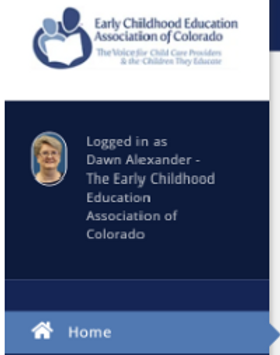
ECEA now has a member portal and an industry job board! We know who our members are....and we've loaded their information into our portal.
Members, create your accounts and modify any information that you need to. Non-members, if your first name, last name and email don't match our database, you won't be able to create an account. If you think there is a mistake, email dawn@coloradoecea.org for support!

Why taxpayers may get extra money in their TABOR refunds next year
National Child Care Innovation Summit
IRS identifies improper ERC credit claims
IRS watchdog pushes for transparency on pandemic-era small business tax credit backlog
IRS requests Congress to end employee retention tax credit
How students can take advantage of Colorado’s new tax credit for college
Gov. JB Pritzker signs bill creating new Illinois Department of Early Childhood
Tax credits being offered to Florida businesses to help offset child care costs
Colorado ends budget year $164M in the red with potential tax cuts looming on November ballot
To help the economy, an Alabama county is betting on home-based child care
For child care workers, state aid for their own kids’ care is ‘life-changing’

A 40 Year About Face To "the Executive Director shall determine..." that leads to overreach that threatens the ability to make a living. Federal decision will likely have state implications.
As Justice Brett Kavanaugh observed during oral argument in the case deferring to agency interpretations “ushers in shocks to the system every four or eight years when a new administration comes in” and implements “massive change”. "The Supreme Court overturned the Chevron doctrine in Loper Bright Enterprises v. Raimondo (2024) holding that it was inconsistent with the Administrative Procedure Act (APA) and gave unelected government officials too much authority. "
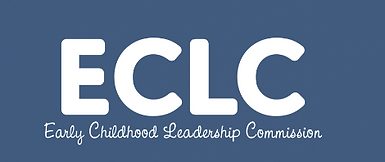
Outgoing Commissioners: Dr. Floyd Cobb, Jeanne McQueeney, Lucinda Burns, Dr. Leslie Nichols, Tammi Hiler, and Susan Steele.
New Commissioners: Angie Shehorn, Michael Cooke, Dr. Rosemarie Allen, and Shelley Smith. The ECLC Co-Chairs for the new term will be Sue Renner, Happy Haynes, and Michael Cooke.
The Early Childhood Leadership Commission (ECLC) is Colorado’s federally- authorized state advisory council for early childhood. The role of the ECLC is to be a statewide leader, subject matter expert and champion of best and promising practices throughout the state.
The ECLC is statutorily charged to:
Assist public and private agencies in coordinating efforts to enhance alignment, which includes collaboration among six state departments.
Advise and make recommendations to the Department of Early Childhood and other state agencies.
Develop strategies and monitor efforts to increase the access, quality and equity of services and supports on behalf of pregnant women and people and children birth through age eight.
